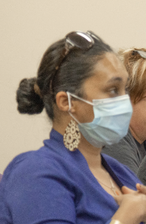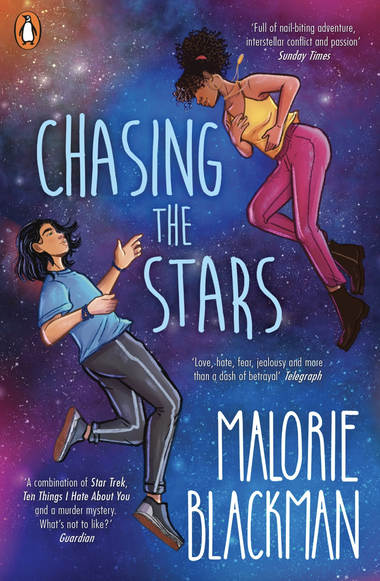Transforming Shakespeare's Tragedies: Adaptation, Education, and Diversity has been made possible in part by a major grant from the National Endowment for the Humanities: Democracy demands wisdom.
Any views, findings, conclusions, or recommendations expressed on this website do not necessarily represent those of the National Endowment for the Humanities


 RSS Feed
RSS Feed



